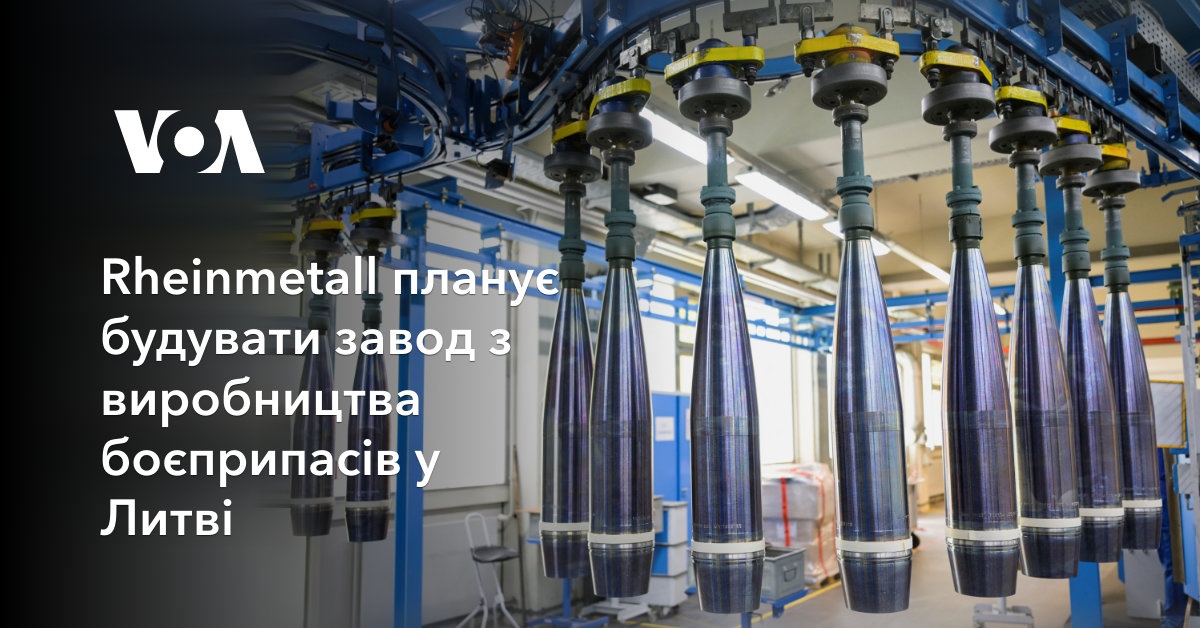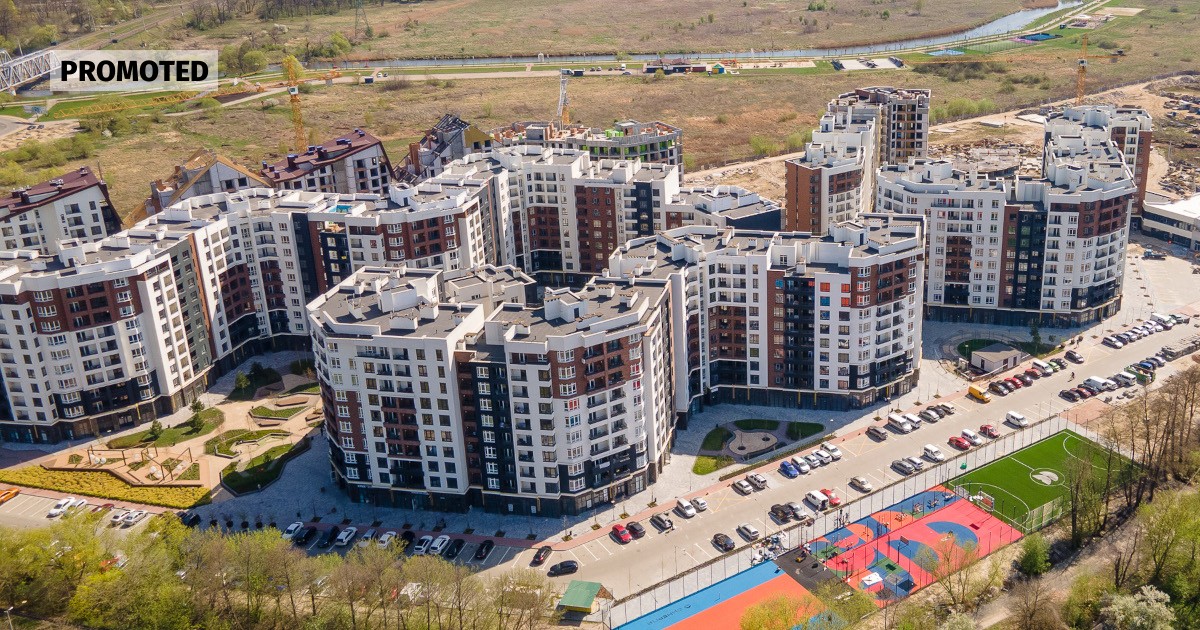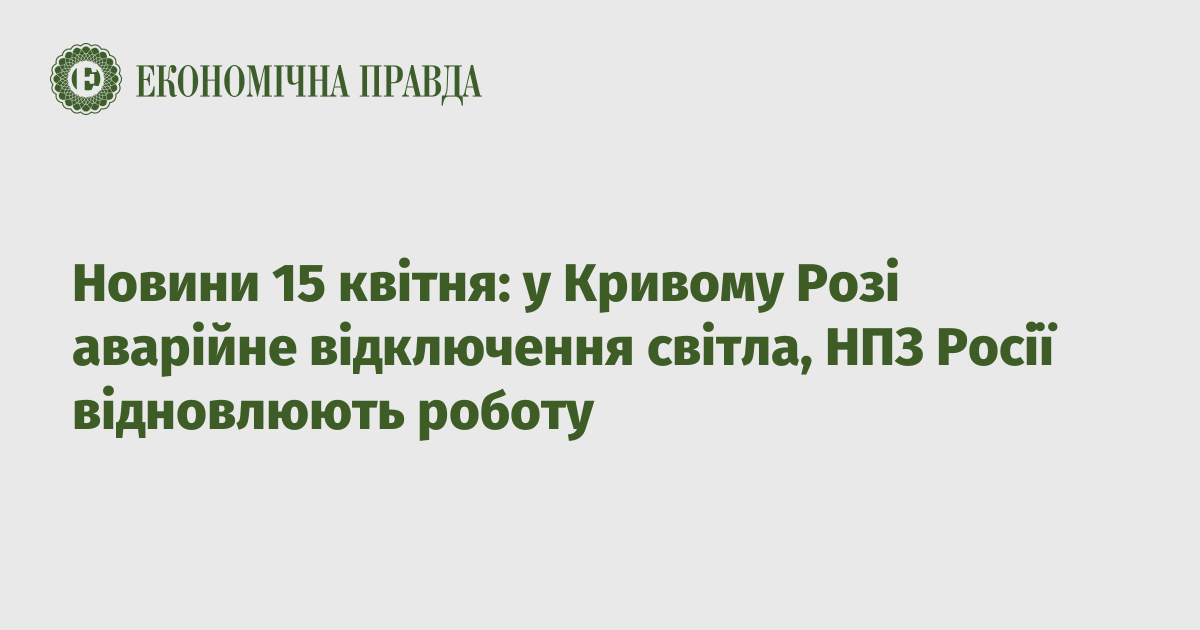Local Economic Development: Why and How Should Communities Develop in Time of War?

Proficient communities form a capable country. It is on the ground that the main capital is created, which fills the economy of Ukraine, and therefore generates additional revenues for the defense budget.
With the implementation of the reform of local self-government and territorial organization of power (reform of decentralization) in 2020, the country received a fully formed basic level of local self-government with the creation of 1,470 territorial units.
In addition, as part of the same reform, communities received a wide range of powers and opportunities, which allowed them to quickly and effectively respond to challenges that arose on the ground at the beginning of a full-scale war.
The full-scale invasion of the occupier did not reject the importance of local economic development, but only adjusted the development priorities of territorial communities in Ukraine, shifting them towards security and survival.
Finding solutions for business relocation, reorientation of the local economy for military purposes in communities in front-line areas, placement of IDPs in rear communities and, in general, preservation and protection of cities have become new challenges for communities.
For example, in the front-line territories, which suffer daily from the shelling of the occupier, and as a result, have lost both local business and people, due to the need to relocate to safer territories, revenues to the local budget have significantly decreased.
Therefore, even to cover basic needs, there is a lack of funds in some places.
The main priority of cities has become the preservation of basic urban infrastructure, such as electricity and water supply.
In one of the interviews of the mayors of Cities of Virtue, a program that aims to increase transparency and accountability of six Ukrainian cities and is implemented by the EU Anti-Corruption Initiative, the mayor of Mykolaiv, Oleksandr Sienkovych, spoke on the LRHub channel about the state of affairs in the city:
“Few entrepreneurs are returning to the city. We still have micro and small businesses, some of them have fully resumed work, but of course, if we compare with pre-war data, this number is very small.
Taking into account that the business practically does not work, and as a result, tax revenues have significantly decreased – we kept at the expense of the military personal income tax.
Its redirection to the central budget is a killer for Mykolaiv, because even before the full-scale war, revenues from the military personal income tax constituted a significant part of the local budget.
Of course, we expected this to happen, but after the war, when we can bring back our entrepreneurs and encourage new ones to open their own businesses.”
At the same time, the rear cities received a large number of businesses and people who were forced to move.
For example, according to the data of the Lviv Regional Military Administration, in January 2024, Lviv Oblast accepted 237 enterprises from other regions, of which 161 remained, and 56 re-registered as taxpayers in Lviv Oblast.
Such a rapid development of the business environment made it possible to increase tax revenues from entrepreneurs by approximately 20% compared to 2020.
Considering that the business was relocated due to the need of time and not because of a better competitive environment, the lack of infrastructure to serve such a large number of businesses and people is a challenge for the city and the region.
In addition, taking into account the geopolitical situation in the world and this year’s elections in the EU countries and the States, Ukraine is now actively looking for additional own ways of financing the country’s defense sector, in particular thanks to the increase in tax revenues.
One of the mechanisms for solving existing problems can be the implementation of local economic development tools and local deregulation, which aims to improve the business climate, simplify the conditions and rules of doing business, and thus increase tax revenues to the budget due to the development of entrepreneurship.
How does it work?
The basis of local economic development is small and medium-sized businesses. That is why most tools are aimed at the development of entrepreneurship.
After all, the better the business conditions, the more attractive the community is for entrepreneurs and investors.
Among the simplest tools to lighten the game for business is the deregulation of existing interaction mechanisms.
It is about simplifying the procedure, reducing the number of licenses, permits, reports, etc., that entrepreneurs have to issue in order to obtain a certain service from the state or a permit for their activities. By deregulating the business environment, the country and communities will be able to significantly improve the business climate.
After all, some of the existing regulations are remnants of the Soviet era, so they are often devoid of logical meaning and are significantly outdated.
Many of them duplicate each other, do not perform the functions they should and become a source of corruption.
Entrepreneurs, in turn, are forced to spend time and money to strictly comply with these norms. Deregulation makes it possible to reduce costs for permit documentation, which contributes to business development and replenishment of local budgets.
For example, regulation of summer playgrounds in Lviv.
Almost every entrepreneur in this field has encountered a regulated, incomprehensible, time- and money-consuming mechanism for the placement of summer sites, which not only discourages cooperation with the authorities, but also creates numerous obstacles for business development.
At the same time, in a city where hundreds of restaurants operate and which is visited by millions of tourists even during the war, the revenue to the local budget for the rental of these landscaping elements was, on average, only 4.5 million hryvnias every year.
In September 2023, the city council updated the regulation, which not only simplifies the procedure for entrepreneurs, but also increases budget revenues by reducing the duration of approval of all documents by approximately 2-2.5 months.
Therefore, this year, tax revenues to the city for the work of employees and rent of space will increase by approximately UAH 6,325,960.
You can read more about the new regulation at link
As part of the “REcovery: regulatory tools for economic reconstruction” project, the Center for Economic Growth LRHub has developed five model regulations in five areas: parking, placement of summer sites of public catering establishments, free allocation of land plots, introduction of automated payment for travel in public transport and rental of individual constructive elements of landscaping (OKEB) for the implementation of (mobile) temporary trade.
These regulations can be adapted to the needs of each community and aim to simplify the existing rules of the game in the spheres, increase tax revenues and create a transparent mechanism of interaction between business and the authorities.
In addition to deregulation, local economic development depends on building on existing infrastructure that creates a competitive business environment.
In general, there are many tools, but all of them are aimed at supporting an existing business, its development and attracting new investments.
Local economic development is the foundation of the country’s economic stability. The enemy is trying with all his might to destroy us physically, mentally, and economically.
But, despite everything, we stand and move towards a victorious future. The indomitable entrepreneurial spirit of Ukrainians is felt both in Ukraine and abroad. During the 2 years of the war, Ukrainians opened 517,000 new FOPs in Ukraine and another 48,464 in Poland.
It is also positive that, despite the war, Ukraine’s real GDP is growing. According to various estimates, GDP will grow by more than 5% (5%-5.5%) in 2023.
However, despite the recovery of GDP, this indicator is still a quarter less than in 2021.
So there is a lot of work ahead. Deregulation, search for new non-standard methods of filling the budget, victory and recovery.
All this requires significant resources. Resources that can and should be created through the development of local economies.
This publication was created with the support of the EU Anti-Corruption Initiative.









